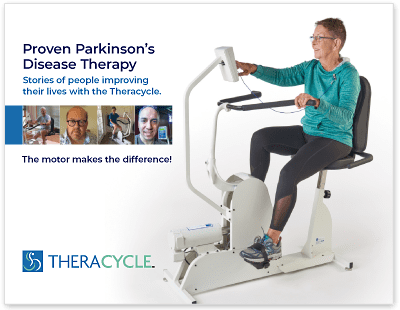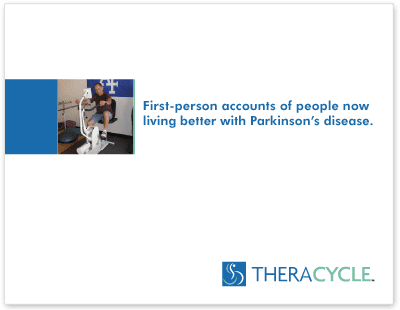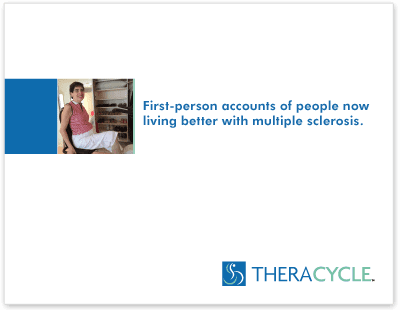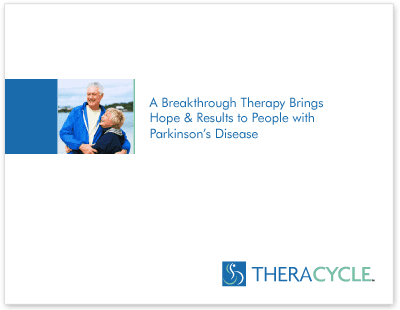- ›
- Stories
- ›
- Your Stories
- ›
- Embracing Art and Laughter as Therapeutic Strategies for Parkinson’s
Stories
Embracing Art and Laughter as Therapeutic Strategies for Parkinson’s

Innovative therapies for people with Parkinson’s disease are originating and being practiced all over the world. From Australia via the Pacific Northwest comes this write-up “Art, laughter are therapy for PD group.” Written by Anne Atkin – volunteer, public speaker, ambassador and librarian with Australia-based Parkinson’s Victoria. as well as author of a new book: “Living and Laughing with Parkinsons”
Anne began her first “Painting with Parkinson’s” group in 2007, parlaying her love of art and experience as a teacher into benefit for others with Parkinson’s. Anne’s article was orginally published in the Nov/Dec 2011 issue of The Parkinson’s Post, bi-monthly newsletter of the Northwest Parkinson’s Foundation (www.nwpf.org). The mission of this Seattle-based organization is “to establish an optimal quality of life for the Northwest Parkinson’s community through awareness, education, advocacy and care.”
Special thanks to Ruth Egger of the NWPF for permission to reprint the article.
Here’s Anne Atkin’s article “Art, laughter are therapy for PD group”…
Art, laughter are therapy for PD group
By Anne Atkin
 I was diagnosed with Parkinson’s disease six years ago, when I was 55. I’d had symptoms for the previous seven years and been misdiagnosed as I searched for an answer.
I was diagnosed with Parkinson’s disease six years ago, when I was 55. I’d had symptoms for the previous seven years and been misdiagnosed as I searched for an answer.
A year after my diagnosis, and with help from a close friend, I started a support group—“Painting with Parkinson’s”—focused on art as therapy for Parkinson’s disease.
Over the last couple of years I have expanded what this support group does. Creativity is the main focus, but now I use exercises, socialization and, most recently, cognitive activities. This is all in a safe, supportive and loving setting.
It is wonderful to see emotional baggage left at the door when people arrive and not picked up when they leave. One man calls our group an oasis of sanity in an otherwise difficult world.
Many people with Parkinson’s experience difficulty with motivation and apathy, two very difficult aspects of the disease that have to be overcome. I am gently encouraging to all in our group.
I also love making people laugh. We all work hard to make meetings as much fun as possible, with lots of laughter.
Our efforts are focused on exercising and on striving to “retrain” the brain. We also incorporate visualization, wellness and mindfulness—in other words, a package- deal of things that can help us feel we are taking some control back in life.
Last week I saw my neurologist. He thought it was time to have a look at my mobility and functionality. Three years ago I had a score of 15 (whatever that is!) on his tests, and last week I got a top score of 0. My doctor said that whatever I’m doing, I’d better not stop!
##
Original Article Source:
http://www.nwpf.org/public/Newsletters/68/Website%20Posting.pdf







